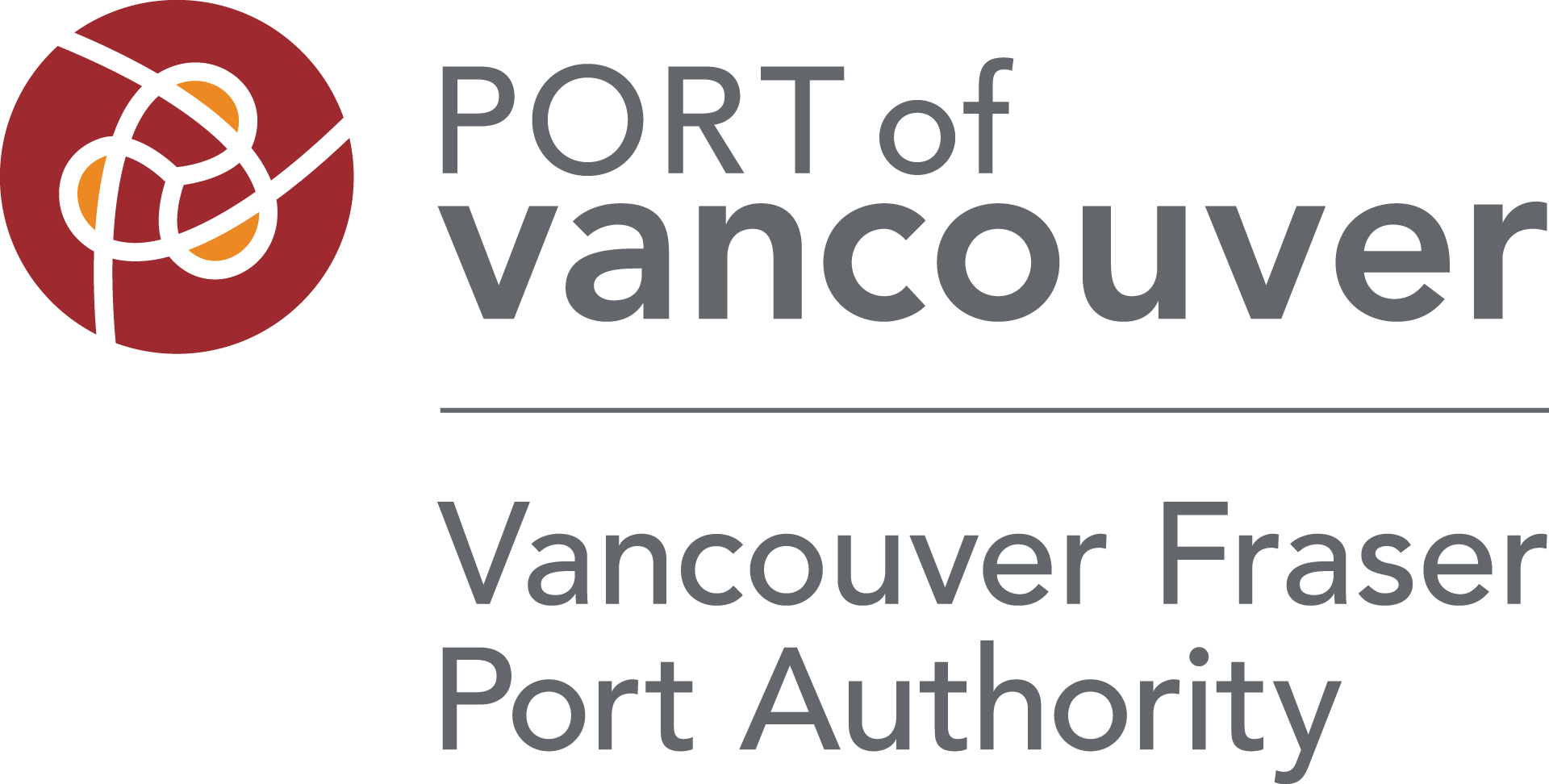Parliament should rewrite the Canada Labour Code to classify port workers as essential, freight shippers yesterday told the Commons trade committee. The designation would prohibit longshore strikes and see all disputes resolved through binding arbitration.
“There is a good case to be made for expanding the definition of essential service,” testified Robert Ballantyne, senior advisor with the Freight Management Association of Canada. The Labour Code section 87.4.1 currently does not classify longshore workers as essential to “the safety or health of the public.”
“While the Freight Management Association respects the rights of workers there does have to be consideration of the impacts of work stoppages in many industries that are critical to the functioning of the Canadian economy and the resulting impacts on Canadian society,” said Ballantyne. “How do we balance the rights of approximately 7,000 West Coast port workers with the rights of millions of Canadians across the country?”
A strike last July at the Port of Vancouver by the Longshore and Warehouse Union lasted 13 days, disrupted billion in cargo and resulted in net economic losses of at least $750 million, according to the Department of Transportation. The strike was a “debacle,” said Bruce Rodgers, executive director of the Canadian International Freight Forwarders Association.
“The victims of strikes are not the workers who generally get their back pay upon settlement, nor the port and labour business managers,” testified Rodgers. “The victims are ordinary small businesses. Nobody compensates them for their losses.”
“We see European employers and unions cooperating to ensure competitiveness and decent wages yet in Canada we seem condemned to strikes as a requirement of negotiation,” said Rodgers. The July strike was settled with a four-year, 19.2 percent wage increase to $57.51 per hour for Vancouver longshore workers.
Michel Murray, advisor to the Canadian Union of Public Employees’ Longshore Union Local 375 at the Port of Montreal, told the trade committee no union takes strike action “for the fun of it.” The Montreal local led a five-day strike in 2022 that ended under threat of $100,000-a day fines in a federal back-to-work bill.
“Strikes are recognized as basic fundamental rights,” said Murray. “I should remind you the right to strike is recognized under the Charter Of Rights.”
“Of course there are economic impacts,” said Murray. “Who would not strike without having an economic impact?”
Cabinet last August 9 ordered a review of labour conditions in Canada’s ports. “Workers and employers across Canada cannot face further disruption on the scale we saw,” Labour Minister Seamus O’Regan told reporters July 19.



